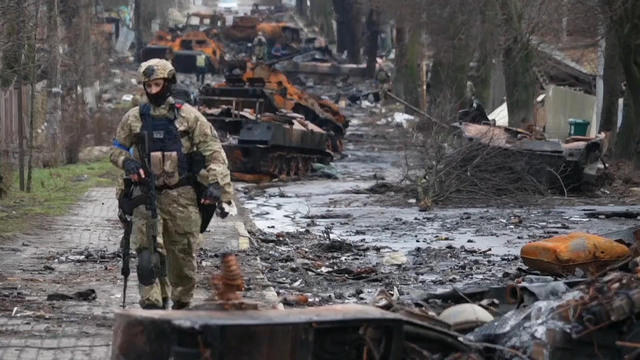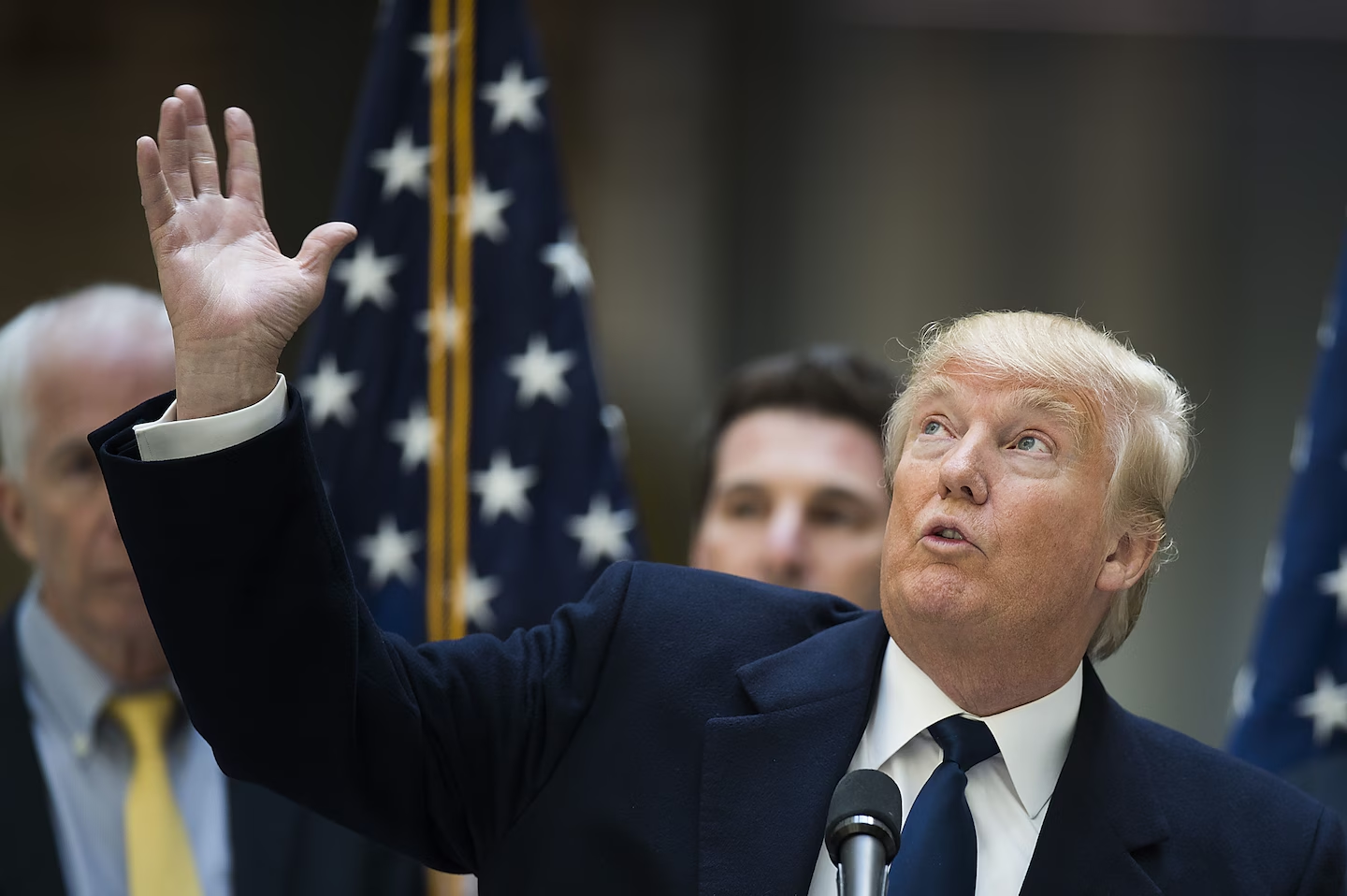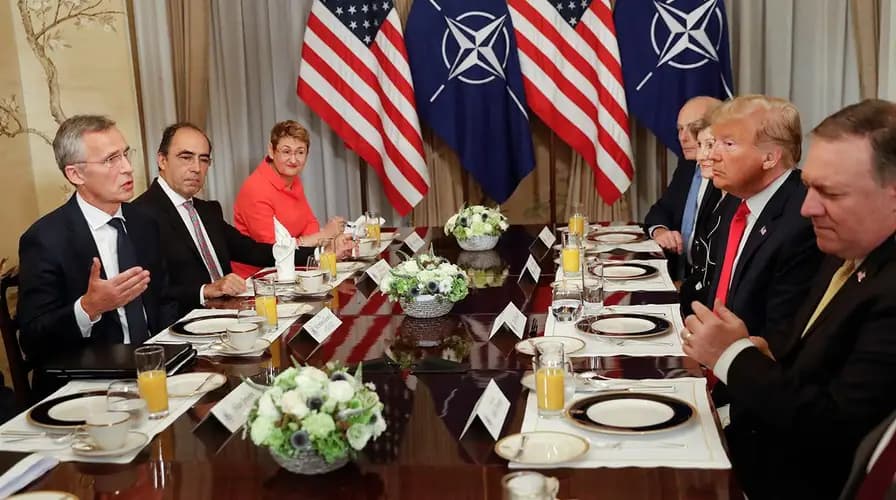In a stunning turn of events, President Donald Trump has backtracked on his audacious claim to resolve the ongoing Russia-Ukraine war within 24 hours of taking office. During a press conference at the NATO summit in The Hague, he described his previous assertion as "sarcastic," admitting that the conflict is "more difficult than anyone would have any idea." This shift in tone raises troubling questions about his approach to international diplomacy and the gravitas of his leadership.
Trump’s Inability to Deliver on Foreign Policy
Trump has long touted his capabilities in foreign policy, but his latest comments reveal a troubling disconnect between rhetoric and reality. Once again, he has demonstrated a lack of understanding of the complexities involved in international relations, particularly in conflicts with deep-rooted historical and political dimensions. His claim that securing a ceasefire is more challenging than other wars reflects a fundamental misunderstanding of the geopolitical landscape, especially when one considers the lives at stake.
NATO Summit Highlights Lack of Coherence
At the NATO summit, Trump faced pointed questions about his failure to end the war, which has already claimed countless lives and displaced millions. The president"s inability to articulate a coherent strategy not only undermines his credibility but also raises concerns about the U.S. commitment to its allies. As reported by CNN, Trump"s response was anything but reassuring, as he struggled to pivot from his earlier declarations.
\n\n
A year of war in Ukraine: Revisiting day one of Russia"s invasion
Changing Dynamics in Global Conflicts
Trump"s comments come in the wake of escalating tensions not only in Ukraine but also in the Middle East, particularly between Israel and Iran. His apparent prioritization of these issues over pressing European conflicts is indicative of a broader trend in U.S. foreign policy that often overlooks the intricate fabric of international alliances and obligations. The inconsistency of his approach raises alarm bells regarding the potential for further destabilization in Europe, a region already grappling with the consequences of war.
Implications for U.S. Standing on the World Stage
The implications of Trump"s recent statements extend beyond Ukraine. They signal a potential weakening of U.S. standing in the international community. With global leaders watching closely, Trump"s flippant dismissal of a serious conflict as a "sarcastic" remark could alienate allies who rely on American leadership and support. As reported by Brookings, this could further embolden adversaries like Vladimir Putin, who may view Trump"s vulnerabilities as an opportunity to expand their influence.
\n\n
Donald Trump’s big foreign policy speech, explained. - The Washingt…
Domestic Reactions and Civil Rights Concerns
Domestically, Trump"s handling of such a significant international crisis raises critical concerns about civil rights and social justice. The ramifications of his foreign policy decisions are often felt at home, where marginalized communities are disproportionately affected by the fallout of international conflicts. The resources dedicated to war efforts could be redirected toward urgent domestic issues, such as healthcare, education, and social justice initiatives—areas that have long been neglected under previous administrations.
As Trump continues to grapple with his foreign policy missteps, the American public is left questioning the administration"s priorities and the broader implications for democracy and governance. The stakes are high, and the world is watching.



![[Video] Gunfire between Iraqi security forces and Sadr militias in Baghdad](/_next/image?url=%2Fapi%2Fimage%2Fthumbnails%2Fthumbnail-1768343508874-4redb-thumbnail.jpg&w=3840&q=75)
